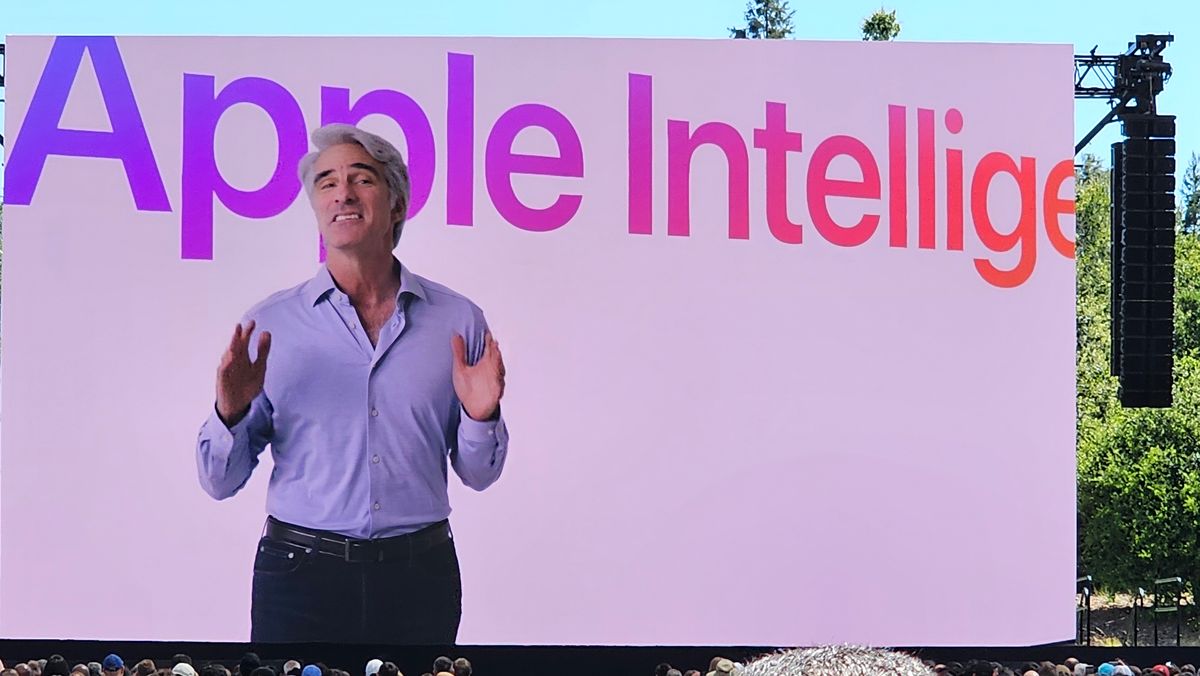The European Union might be feeling a bit left out this September when Apple is expected to ship key Apple Intelligence and other updates in iOS 18, iPadOS 18, and macOS Sequoia.
It’s not that Apple doesn’t want to bring its own brand of artificial intelligence to the European countries. Features like Math Notes in iPadOS, generative AI Genmojis, inline AI writing assistance, and generative image editing capabilities across multiple platforms wowed developers and excited iOS, iPadOS, and macOS customers when Apple unveiled them earlier this month at WWDC 2024 in California.
At the time, it was understood that Apple Intelligence features would work in US English but most thought that was a language capabilities limitation and not one related to third-party entity’s restrictions.
However, now we know that Apple probably won’t roll out iPhone Mirroring, Share Play, Screen Sharing enhancements, and, most importantly, Apple Intelligence to European users this year. The reason? The EU’s Digital Markets Act.
Broadly speaking, the DMA is about ensuring that companies like Apple, Google, Amazon, Meta, and Microsoft, ones that wield significant market power, do not abuse that control. As the EU sees it, Apple has abused its position, and last year the EU designated Apple as a gatekeeper and forced it to make platform-level changes like allowing third-party app stores to work with the iPhone.
Apple unhappily complied in the EU and in its own way.
The EU’s actions have raised the level of uncertainty for Apple and it appears that it’s now preemptively holding back enhancements to avoid further EU action.
Apple gave me this statement to explain:
@techradar
♬ original sound – TechRadar
Two weeks ago, Apple unveiled hundreds of new features that we are excited to bring to our users around the world. We are highly motivated to make these technologies accessible to all users. However, due to the regulatory uncertainties brought about by the Digital Markets Act (DMA), we do not believe that we will be able to roll out three of these features—iPhone Mirroring, SharePlay Screen Sharing enhancements, and Apple Intelligence—to our EU users this year.
Specifically, we are concerned that the interoperability requirements of the DMA could force us to compromise the integrity of our products in ways that risk user privacy and data security. We are committed to collaborating with the European Commission in an attempt to find a solution that would enable us to deliver these features to our EU customers without compromising their safety.
It might be privacy, after all
Unsurprisingly, Apple is again leaning on how the EU’s demands can, in its eyes, lead to lowered security and privacy for its consumers. Whether or not you buy that, there’s no question that Apple has prioritized data security and privacy when it comes to the rollout of its first generative AI products. Apple Intelligence introduced the concept of a secure cloud or, more specifically, Private Cloud Compute, which is where Apple’s largest generative models will live. Apple does not specify any difference between models operating locally and those that use its cloud because it insists that data privacy and security (including anonymity and encryption) are exactly the same.
If, for instance, the EU were to demand that Apple invite third-party cloud providers to work with or sometimes take the place of the Private Cloud Compute, that would potentially lower or obliterate those data protections.
Interestingly, the EU’s DMA only specifies Apple as a gatekeeper for iOS and iPadOS but macOS is now part of the picture because of the new iPhone mirroring feature, and unusual update that lets you run your iPhone screen on your Mac. I saw it and it’s a fascinating feature.
The book isn’t closed on this. Apple is still working with the EU to find a compromise and perhaps by the time Apple Intelligence shows up later this summer, the parties may have reached an agreement. It’s unlikely, though, anything will come through in time for Apple’s iPhone Mirroring, and Shareplay screen-sharing updates, which Apple plans to release in beta on Monday (June 24).





